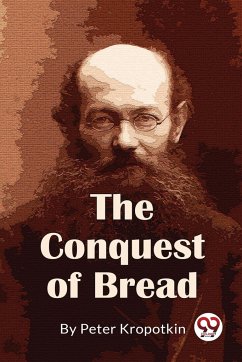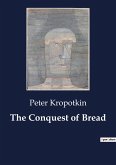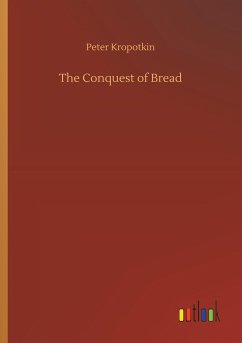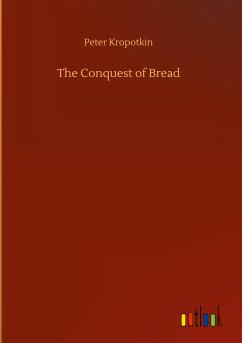The Russian anarcho-communist author Peter Kropotkin published The Conquest of Bread, also known as The Bread Book, in 1892. Kropotkin contends that since all intellectual and useful property was produced via social labor, it should be considered common property. Since every person depends on the intellectual and physical labor of those who came before them as well as those who created the environment around them, every individual product is fundamentally the work of everyone. Kropotkin creates an illustration of what he imagines an anarcho-communist society may be. He cites the enormous levels of productivity attained by current industrial civilization as proof that such a society is feasible. He contends that sufficient amounts of the necessities are generated to meet everyone's wants; if only they were correctly distributed, no one would have any unfulfilled demands. According to Kropotkin, if given the opportunity to labor independently and the assurance of material security, people will work freely in cooperative factories that produce clothing or in communal gardens. He warns against the concentration of industry by the state, advises against more authoritarian socialism, and asserts that any revolution must ensure that workers and revolutionaries have access to food and freedom.








